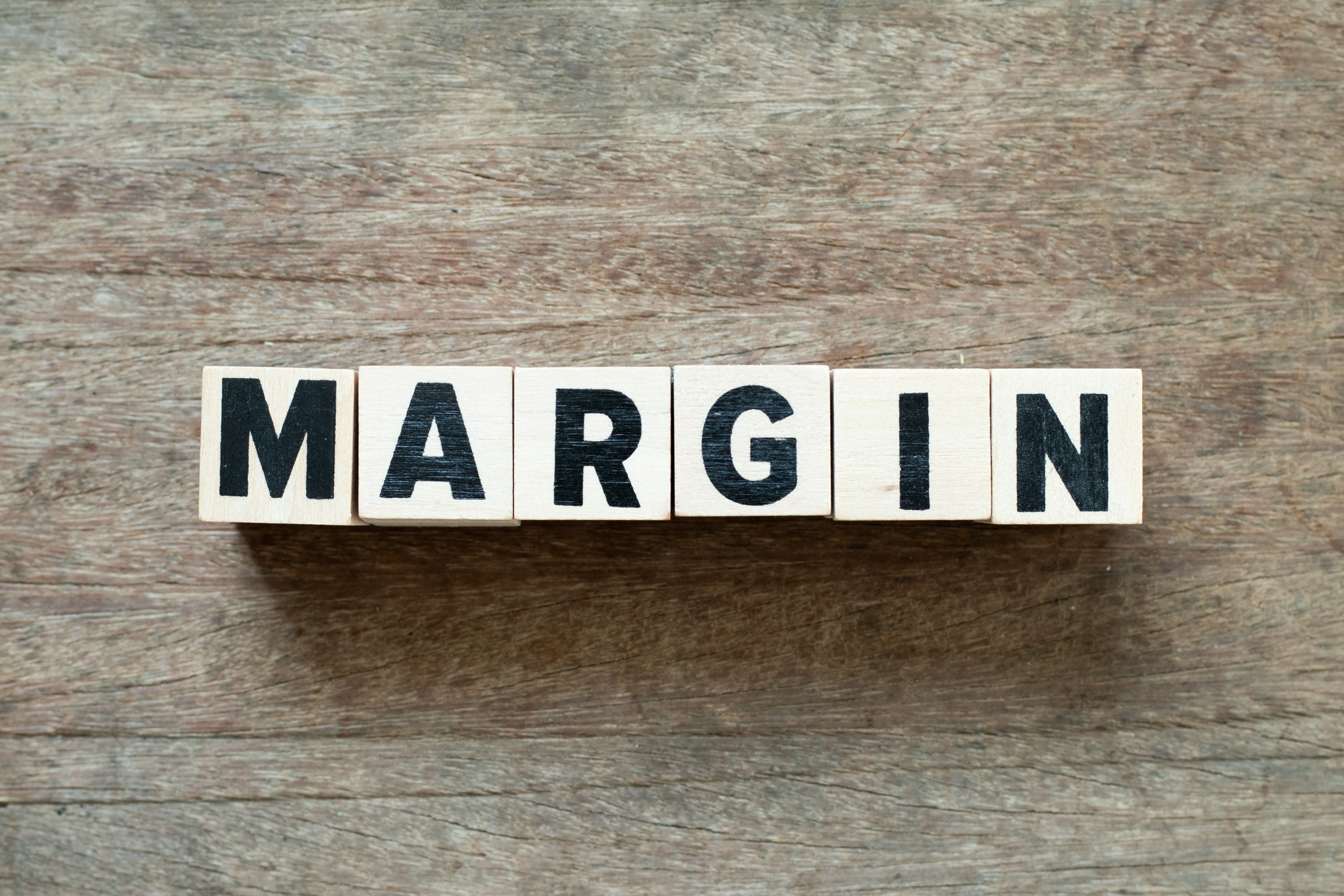Best Online Broker Rankings: So, Where's Robinhood?
The appeal of this popular trading app is undeniable, but its limitations are significant and its track record checkered.


Profit and prosper with the best of Kiplinger's advice on investing, taxes, retirement, personal finance and much more. Delivered daily. Enter your email in the box and click Sign Me Up.
You are now subscribed
Your newsletter sign-up was successful
Want to add more newsletters?

Delivered daily
Kiplinger Today
Profit and prosper with the best of Kiplinger's advice on investing, taxes, retirement, personal finance and much more delivered daily. Smart money moves start here.

Sent five days a week
Kiplinger A Step Ahead
Get practical help to make better financial decisions in your everyday life, from spending to savings on top deals.

Delivered daily
Kiplinger Closing Bell
Get today's biggest financial and investing headlines delivered to your inbox every day the U.S. stock market is open.

Sent twice a week
Kiplinger Adviser Intel
Financial pros across the country share best practices and fresh tactics to preserve and grow your wealth.

Delivered weekly
Kiplinger Tax Tips
Trim your federal and state tax bills with practical tax-planning and tax-cutting strategies.

Sent twice a week
Kiplinger Retirement Tips
Your twice-a-week guide to planning and enjoying a financially secure and richly rewarding retirement

Sent bimonthly.
Kiplinger Adviser Angle
Insights for advisers, wealth managers and other financial professionals.

Sent twice a week
Kiplinger Investing Weekly
Your twice-a-week roundup of promising stocks, funds, companies and industries you should consider, ones you should avoid, and why.

Sent weekly for six weeks
Kiplinger Invest for Retirement
Your step-by-step six-part series on how to invest for retirement, from devising a successful strategy to exactly which investments to choose.
Every year, following the publication of our brokerage rankings, we receive an in-boxful of e-mails asking the same question: Where’s Robinhood? This year, as in previous iterations of the Kiplinger ranking, we left Robinhood off the list because the mobile-first brokerage doesn’t offer trading of bonds or mutual funds—key investment vehicles for many of our readers.
That doesn’t mean that we haven’t understood the appeal. Robinhood offered free trades on stocks and exchange-traded funds when other brokerages were charging $10 a pop. And you can’t argue with the magnetism of their offering. Even as every other brokerage has shifted to commission-free trading, Robinhood’s attractive app and easy-to-use platform has continued to attract fans. Robinhood said it had 13 million accounts in May, putting it behind only Fidelity and Schwab among firms that participated in our survey.
But Robinhood’s stylish and intuitive platform can make trading feel like a game for customers, and that has led to controversy for the firm. The New York Times recently reported that in the first three months of 2020, Robinhood users traded nine times as many shares as E*Trade customers and 40 times as many as Schwab customers, with an even greater disparity of high-risk options trades. That kind of volume has created problems for the brokerage and its customers. Amid March’s most volatile trading days, Robinhood suffered a number of high-profile outages—up to 17 hours, in one case—drawing the ire of customers.
From just $107.88 $24.99 for Kiplinger Personal Finance
Become a smarter, better informed investor. Subscribe from just $107.88 $24.99, plus get up to 4 Special Issues

Sign up for Kiplinger’s Free Newsletters
Profit and prosper with the best of expert advice on investing, taxes, retirement, personal finance and more - straight to your e-mail.
Profit and prosper with the best of expert advice - straight to your e-mail.
More troubling was the news in June of the death of a 20-year-old user of the site, who reportedly committed suicide after accruing what he thought was a negative $730,000 account balance trading options on the platform. He acknowledged his inexperience in this kind of trading in a note. Following the tragedy, a group of six members of Congress wrote a letter to Robinhood’s cofounders, questioning the firm’s functionalities and approval processes for options trading, among other things. As of this writing, the legislators say they haven’t received an answer from Robinhood. Robinhood execs say they are rolling out changes to their options-trading process and will work with legislators to address their questions and concerns.
Profit and prosper with the best of Kiplinger's advice on investing, taxes, retirement, personal finance and much more. Delivered daily. Enter your email in the box and click Sign Me Up.

Ryan joined Kiplinger in the fall of 2013. He wrote and fact-checked stories that appeared in Kiplinger's Personal Finance magazine and on Kiplinger.com. He previously interned for the CBS Evening News investigative team and worked as a copy editor and features columnist at the GW Hatchet. He holds a BA in English and creative writing from George Washington University.
-
 The New Reality for Entertainment
The New Reality for EntertainmentThe Kiplinger Letter The entertainment industry is shifting as movie and TV companies face fierce competition, fight for attention and cope with artificial intelligence.
-
 Stocks Sink With Alphabet, Bitcoin: Stock Market Today
Stocks Sink With Alphabet, Bitcoin: Stock Market TodayA dismal round of jobs data did little to lift sentiment on Thursday.
-
 Betting on Super Bowl 2026? New IRS Tax Changes Could Cost You
Betting on Super Bowl 2026? New IRS Tax Changes Could Cost YouTaxable Income When Super Bowl LX hype fades, some fans may be surprised to learn that sports betting tax rules have shifted.
-
 Best Mutual Funds to Invest In for 2026
Best Mutual Funds to Invest In for 2026The best mutual funds will capitalize on new trends expected to emerge in the new year, all while offering low costs and solid management.
-
 What Is AI? Artificial Intelligence 101
What Is AI? Artificial Intelligence 101Artificial intelligence has sparked huge excitement among investors and businesses, but what exactly does the term mean?
-
 The Best Tech Stocks to Buy
The Best Tech Stocks to BuyTech stocks are the market's engine of growth. But what defines a tech stock? How do you find the best ones to buy? We take a look here.
-
 Best 401(k) Investments: Where to Invest
Best 401(k) Investments: Where to InvestKnowing where to find the best 401(k) investments to put your money can be difficult. Here, we rank 10 of the largest retirement funds.
-
 Fidelity Strategic Income Fund Excels In Hard Year for Bonds
Fidelity Strategic Income Fund Excels In Hard Year for BondsThe fixed-income market was volatile in 2023, but this Fidelity bond fund outperformed its peers thanks to strategic moves by management.
-
 What Is Margin Trading?
What Is Margin Trading?Margin trading is buying and selling stocks with borrowed money. It can generate big rewards, but margin trading also involves multiple risks.
-
 How to Find the Best 401(k) Investments
How to Find the Best 401(k) InvestmentsMany folks are likely wondering how to find the best 401(k) investments after signing up for their company's retirement plan. Here's where to get started.
-
 How to Master Index Investing
How to Master Index InvestingIndex investing allows market participants the ability to build their ideal portfolios using baskets of stocks and bonds. Here's how it works.